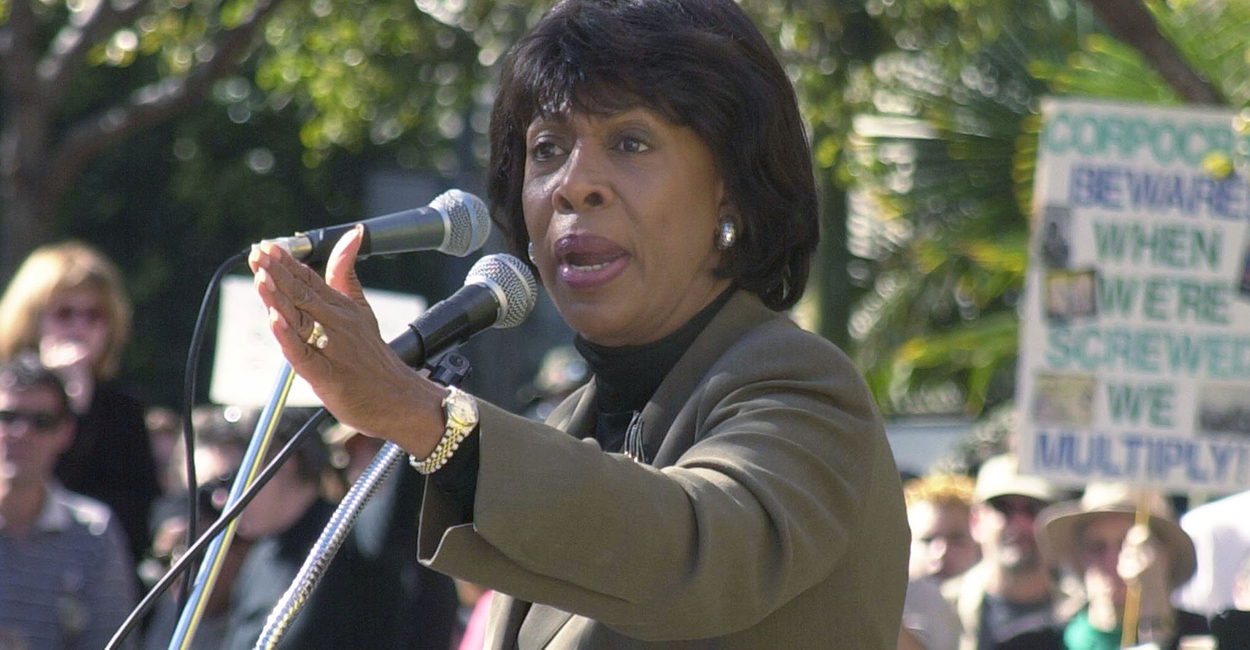ZeroHedge - On a long enough timeline, the survival rate for everyone drops to zero

www.zerohedge.com
comical
A lesson for sheep, when somebody accuses you of somehting relentlessly, its usually because he person accusing you is doing what they are asserting you have done... election deniers accusing others of cheating are the ones doing the cheating..
#myshatdontstank.
Yes, it is another nothing burger. Both Parties ALWAYS choose their own electors and in the past there was actually an election wherein both sets of electors were sent to the Electoral College to vote. And I am sure you probably do not know that three times in the past 20 years, the DEMS have tried to object/challenge the certification of the electoral vote.
Challenges to Electoral College certification in Congress have come in recent decades not from Republican lawmakers, but from Democrats.

www.dailysignal.com
The combination of the coronavirus pandemic and President Donald Trump's accusations of mass voter fraud by Democrats has legal experts warning of the possibility of a contested presidential election.

www.reuters.com
1876: Dueling electors
The most contentious and controversial presidential election in American history was arguably the 1876 contest between Republican Rutherford B. Hayes and Democrat Samuel J. Tilden.
In Southern states, the voting was marred by threats of violence from Democrats who aimed to keep black voters away from the polls. The Democrats also created ballots that carried pictures of famous Republican Abraham Lincoln to try to trick illiterate voters into choosing Tilden.
At the end of the tumultous campaign, competing political camps in three states each sent two different slates of electors - one for Tilden, the other for Hayes - to Congress.
The dueling slates from Florida, Louisiana and South Carolina arrived with varying degrees of authority; the Republican slate from Louisiana supporting Hayes was sent by the state’s governor while the Democratic slate backing Tilden was sent by that party’s gubernatorial candidate.
The election hinged on the disputed states. If their Republican electoral votes were counted, Hayes would be president. If the Democratic slates were counted, Tilden would be elected.
Since Congress then had no existing procedures to decide which of the disputed returns should be counted, it created a 15-member commission to settle the dispute, with five members each drawn from the House, the Senate and the Supreme Court. That commission ultimately voted 8-7 along partisan lines to award each of the disputed electoral votes to Hayes, giving him the presidency.
Democrats accepted the result only after Republicans agreed to withdraw U.S. troops left over from the Civil War from Southern states. The compromise helped usher in the so-called “Jim Crow” era of legalized racial segregation and discimination that would last another century.
A decade later, Congress enacted the Electoral Count Act that was meant to establish a roadmap for resolving disputed elections in the future, though exactly how it would work remains unclear because of ambiguities in the language, election scholars say. The law has never been tested or intepreted by the courts.

